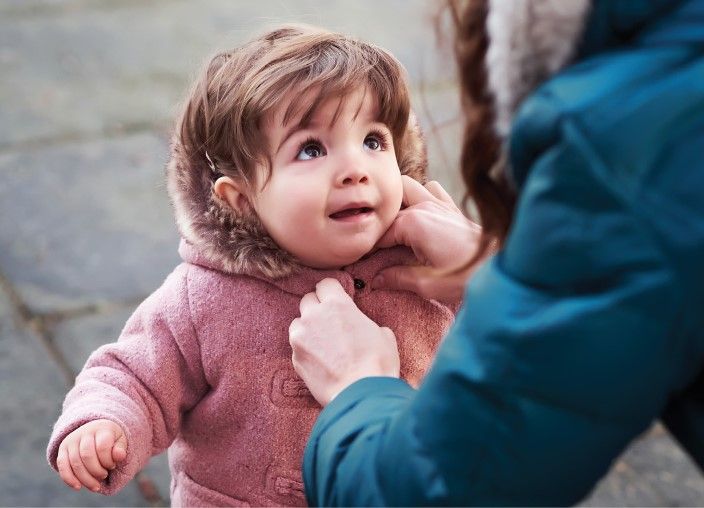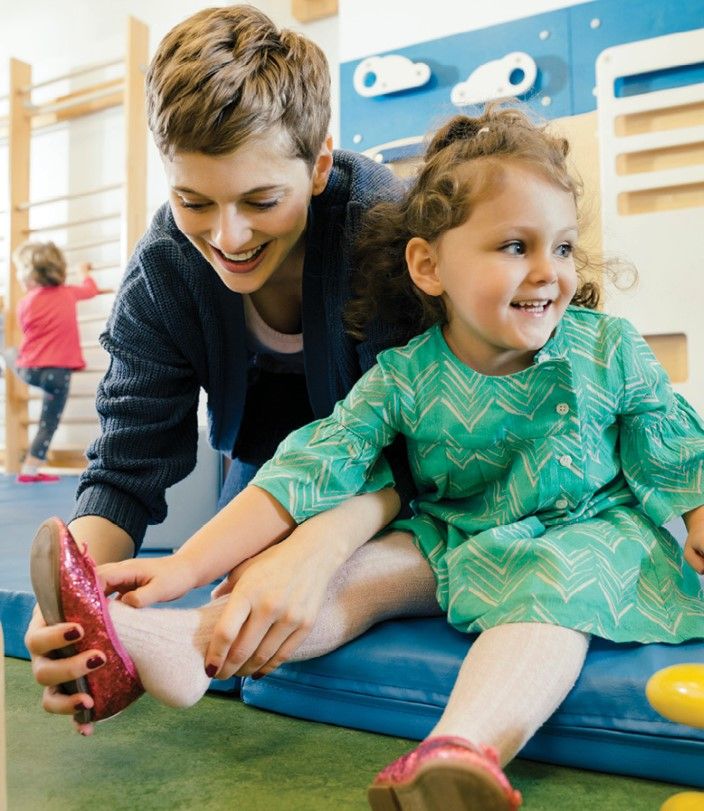
If teaching consent is to be effective, it must be done at a young age. But new research shows parents, grandparents and carers are reluctant to talk about this issue with their children, especially the under-fives, journalist Sue Osborne writes.
New data from Act for Kids found only 44 percent of parents, carers and grandparents have been open with their children about consent and their body, despite89 percent of adults saying it is the parents’ responsibility.
More than half (56 percent) of Australian adults believe it is appropriate to start teaching children about consent and their body only after they reach school age.
Act for Kids is an Australian charity providing therapy and support services to children and families who have experienced or are at risk of child abuse and neglect.
Their revelations raise serious concerns, as children aged between 0–4 are most at risk of abuse and neglect in Australia. In 2019–2020, a staggering 11,700 infants under the age of one received child protection services.
“The research shows there is a significant lack of knowledge about why it is important to talk about consent, relationships and body ownership with children in the first five years of their life,” Act for Kids Chief Executive Officer Dr Katrina Lines said.
Dr Lines is a registered psychologist with more than20 years’ experience delivering clinical and social services at the individual, organisational and community level.
Bodily autonomy
The concept of bodily autonomy is still misunderstood, with 69 percent of Australians believing that adults shouldn’t have to ask children for permission before they touch them.
“Unfortunately, we know from the research not everyone is having conversations about consent, which is leaving too many children vulnerable,” Dr Lines said.
She said best practice in early childhood services can act as a model for families.








































































































































